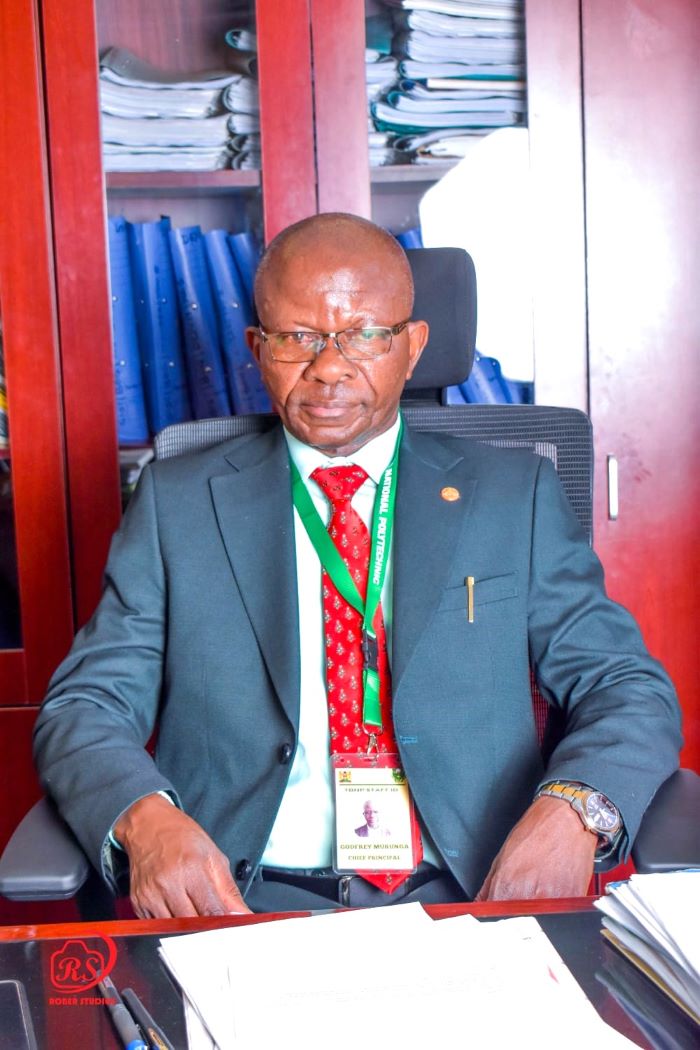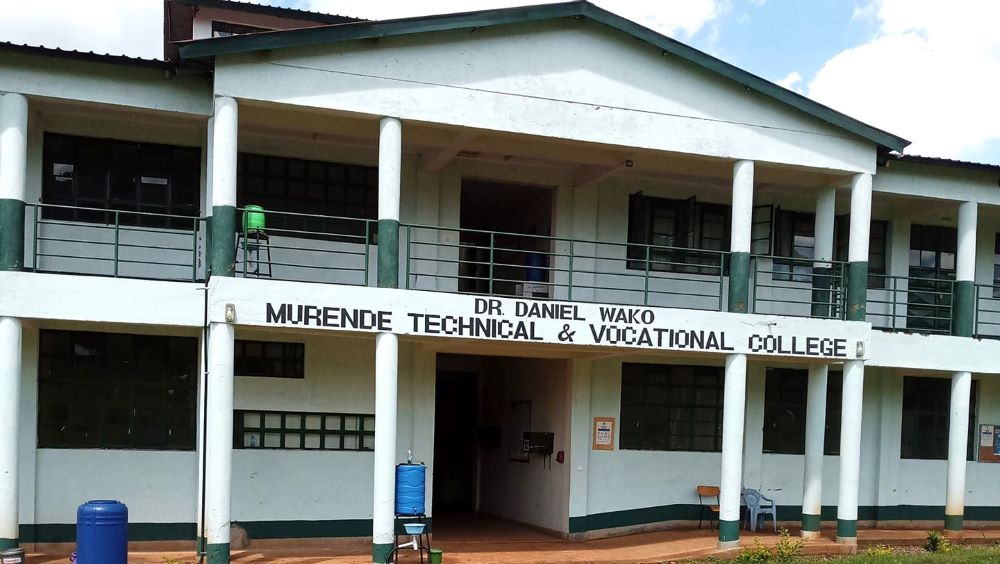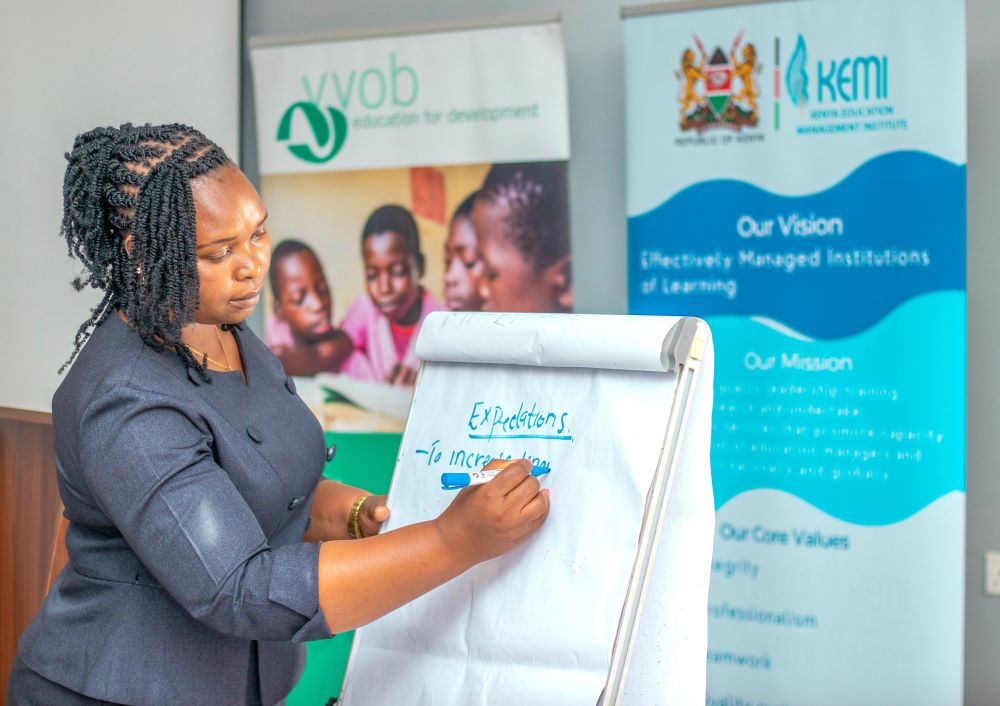The Kenya National Examinations Council (KNEC) operates under the KNEC Act of 2012, a framework that has shaped the integrity and credibility of national examinations in Kenya. Over the years, this legislation has helped restore order, fairness, and confidence in the examination system, ensuring that national assessments such as KCPE, KPSEA, and KCSE are administered uniformly across the country. However, as education evolves globally, Kenya’s examination laws must also adapt to meet emerging technological, ethical, and human-centred demands.
Strengths of the KNEC Legislation
One of the key strengths of the KNEC Act is its firm legal foundation for examination integrity. The law grants the Council full authority to design, administer, and regulate national examinations, while criminalising cheating, impersonation, and paper leakage. Offenders face severe penalties, including fines of up to one million shillings or imprisonment for up to ten years. These provisions have had a strong deterrent effect, restoring public trust in the integrity of Kenya’s exams.
Another notable strength is the coordination with multiple agencies, which is legally mandated under the Act. The Council collaborates closely with the Ministry of Education, the Teachers Service Commission (TSC), and the National Police Service to ensure a seamless exam administration process—from transportation and storage of papers to supervision and marking. Exam materials are kept in metallic containers under police guard, collected daily by headteachers, and returned immediately after each session. This system, supported by trained invigilators and supervisors, has minimised leakages and malpractice.
The legislation also provides clear roles and responsibilities among key education bodies. KNEC manages examinations, TSC deploys and disciplines invigilators, the Ministry of Education provides policy oversight, while the police handle logistics and security. This separation of duties promotes accountability and reduces operational overlap.
Additionally, the law empowers KNEC to adopt modernisation initiatives, including digital registration, electronic data management, and online marking. This flexibility enables Kenya to align with global trends in assessment and technology gradually.
Weaknesses of the KNEC Legislation
Despite these achievements, the KNEC legal framework faces several weaknesses that limit its adaptability to modern challenges. One major flaw is its overreliance on punitive measures. The Act emphasises punishment rather than prevention, often criminalising minor procedural mistakes by teachers or students. This rigid approach has created an environment of fear and intimidation rather than one that fosters ethical growth and professional reflection.
The legislation also shows weakness in technological readiness. Although the Council has made strides in digitising registration and marking, the Act itself lacks explicit provisions on data security, privacy, and cyber protection. This gap exposes examination systems to potential risks such as hacking, data leaks, or unauthorised access.
Furthermore, KNEC’s autonomy remains limited. The Council remains financially and administratively dependent on the Ministry of Education, which occasionally influences appointments and decision-making. This dependency can compromise the independence required for a fair and transparent examination system.
Another shortcoming is the absence of whistleblower protection. Teachers or officials who expose malpractice are often unprotected and risk victimisation. Without clear legal safeguards, cases of corruption or exam irregularities may go unreported. Moreover, while the Act provides substantial penalties for candidates and teachers, it remains vague on sanctions for KNEC officers involved in mismanagement or negligence.
Administratively, the law imposes a heavy paperwork burden through multiple manual reports and verification procedures. This bureaucracy slows efficiency and increases the workload on teachers who already serve as invigilators and supervisors. In comparison, countries such as Japan and China have transitioned to digital invigilation and automated reporting systems, which save time and reduce errors.
READ ALSO:
KUPPET urges TSC to transfer Litein Boys’ teachers after violent student unrest
Finally, the legislation lacks provisions for mental health and welfare. The emotional and psychological stress associated with high-stakes exams affects students, teachers, and invigilators alike. Yet, the current framework provides no legal guidance on counselling, wellness, or support mechanisms during the examination process.
Recommendations for Reform
To sustain credibility while adapting to modern demands, Kenya’s examination system must undergo legal and structural reform. The following recommendations aim to strengthen KNEC’s operations and align them with global standards:
Adopt a Preventive and Rehabilitative Approach
KNEC should move beyond punitive enforcement and embrace rehabilitative provisions. Teachers and students involved in minor misconduct should be guided through counselling, retraining, or ethical workshops rather than harsh punishment. This would nurture integrity through education rather than fear.
- Strengthen Data Protection and Digital Exam Laws
The KNEC Act should be amended to include cybersecurity, data privacy, and digital examination protocols. These would define how electronic exam data is stored, accessed, and secured. Integrating biometric verification, electronic tracking, and encryption—similar to China’s Gaokao system—would enhance integrity in Kenya’s digital transition.
- Enhance Autonomy and Transparency
KNEC should be granted greater financial and administrative independence to minimise political interference. Appointments and management decisions should be merit-based, and the Council should publish annual reports on integrity and audits to foster public confidence.
- Protect Whistleblowers and Strengthen Accountability
The law should establish a whistleblower protection framework, encouraging teachers, exam officers, and candidates to report malpractice without fear of victimisation. Likewise, officers within KNEC found complicit in exam leaks or negligence must face defined disciplinary and legal consequences.
- Modernise Invigilation and Monitoring Systems
Kenya can adopt a hybrid model combining Japan’s precision and China’s technology. This includes:
Electronic attendance tracking for invigilators and candidates.
CCTV or AI-assisted monitoring in high-risk exam centres.
Geo-tagged tracking of exam materials.
These innovations would strengthen transparency while reducing human error and logistical risks.
- Simplify Administrative Procedures
The Council should digitise its reporting and verification systems to reduce paperwork and delays. Electronic forms for attendance, incident reports, and exam summaries would enhance efficiency and reduce teacher workload.
- Integrate Mental Health and Welfare Support
The KNEC framework should legally mandate psychological support services for candidates and exam officials. Counselling programs before and after exams can help reduce stress and improve performance, ensuring that integrity is aligned with human welfare.
- Continuous Review and Stakeholder Involvement
Finally, the law should require periodic reviews every five years, with structured consultation involving teachers, parents, students, and education experts. This participatory process ensures the legislation remains responsive to emerging educational, technological, and social realities.
Conclusion
KNEC’s legislation has played a crucial role in maintaining the credibility and standardisation of Kenya’s national examinations. It has built a foundation of discipline, security, and coordination that many African nations look to emulate. However, the system must now evolve—moving from a purely punitive and manual structure to one that is digital, rehabilitative, transparent, and humane.
By blending Kenya’s proven security model with Japan’s fairness and precision and China’s technological vigilance, Kenya can build a modern, compassionate, and trustworthy examination framework—one that upholds integrity while nurturing innovation, inclusion, and human dignity in education.
By Hillary Muhalya
You can also follow our social media pages on Twitter: Education News KE and Facebook: Education News Newspaper for timely updates.
>>> Click here to stay up-to-date with trending regional stories
>>> Click here to read more informed opinions on the country’s education landscape






